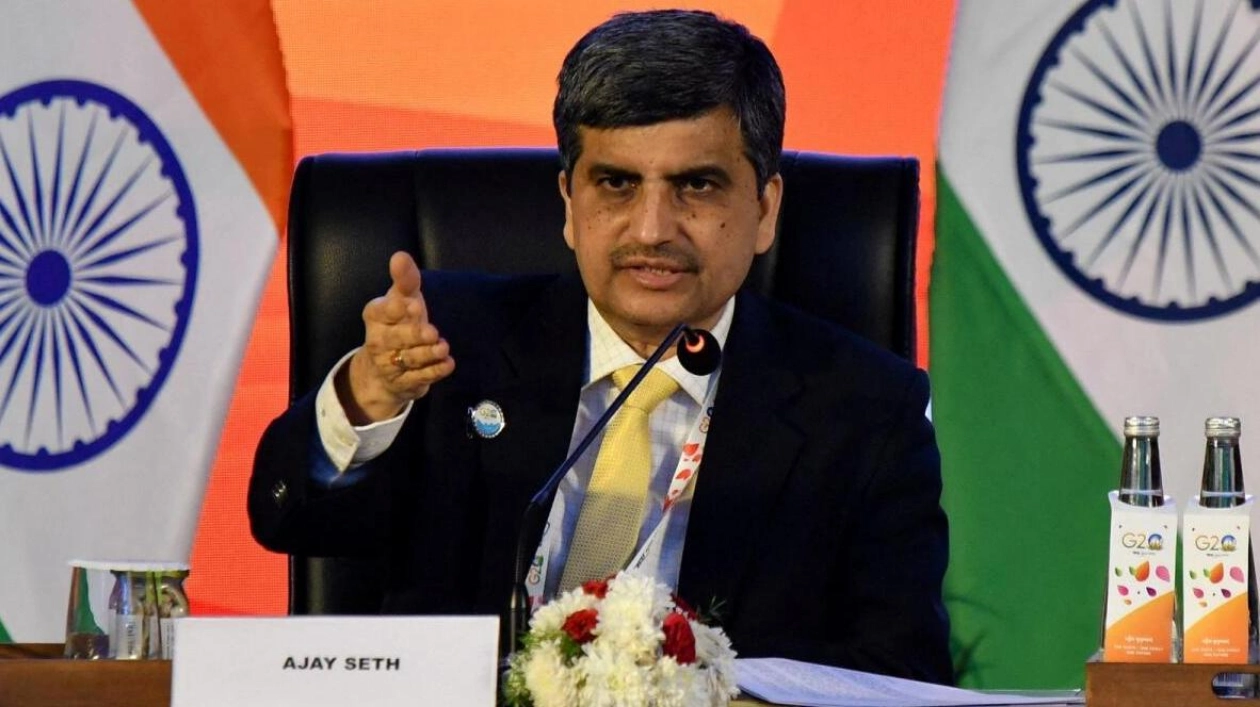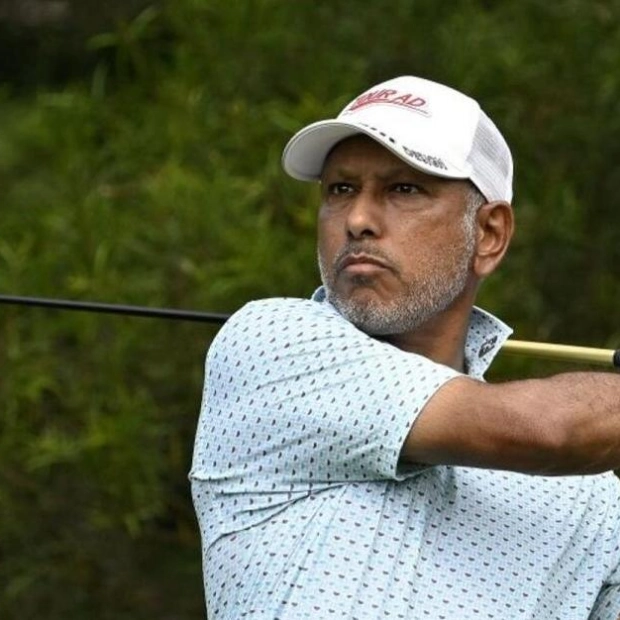India has rejected a European Union proposal to impose higher taxes on its carbon-emitting industries, a senior official informed Reuters. The EU, comprising 27 nations, had proposed to offset these taxes upon the entry of these products into its borders. The proposal was recently presented by an EU delegation headed by Gerassimos Thomas, the director-general for taxation and customs union at the European Commission. Thomas advocated for the carbon border adjustment mechanism (CBAM) during discussions with Indian officials.
Ajay Seth, India's economic affairs secretary, expressed in an interview with Reuters that the EU's suggestion is impractical. He mentioned that the EU team had visited India and discussed their proposal, which he deemed unsuitable for a developing economy like India. New Delhi has communicated its position to the EU delegation, describing the proposed CBAM as unjust and harmful to the domestic market.
Last year, the EU introduced the world's first scheme to levy tariffs on imports of high-carbon goods, such as steel, aluminum, and cement, with the goal of achieving net-zero greenhouse gas emissions by 2050. Technical-level negotiations between the EU and India are ongoing. EU officials are attempting to persuade countries like China, South Africa, and India, which have opposed the CBAM.
The EU delegation clarified that the primary purpose of the carbon tax is not revenue generation but to ensure the supply of environmentally friendly goods to the EU market. They suggested that India could implement its own carbon tax to support advancements in supply chains and reduce carbon emissions, while preserving its market share in the EU. Seth highlighted that the transition to a greener steel industry would increase economic costs, and with income levels significantly lower than those in Europe, India cannot afford higher prices.
Without a domestic plan to tax high-carbon production in India, the EU intends to collect the carbon tax on each shipment of steel and aluminum starting from January 1, 2026, potentially imposing tariffs ranging from 20% to 35%. Analysts warn that the stalemate over carbon emissions could complicate bilateral trade and impact ongoing free trade agreement (FTA) negotiations.
India, the EU's second-largest export destination, exported nearly $100 billion worth of goods in 2023. Seth emphasized that India expects the EU to comply with the carbon emission rules set in the 2015 Paris Agreement, which granted more flexible emission reduction targets to developing nations like India. India, with a carbon intensity of 632 grams per KWh in 2022, is expanding its renewable energy capacity and has reduced its carbon intensity by 3.5% since 2018, aiming for net zero by 2070. Seth noted the challenges of solely producing greener exports for the EU market, given the intermittent availability of renewable energy.






